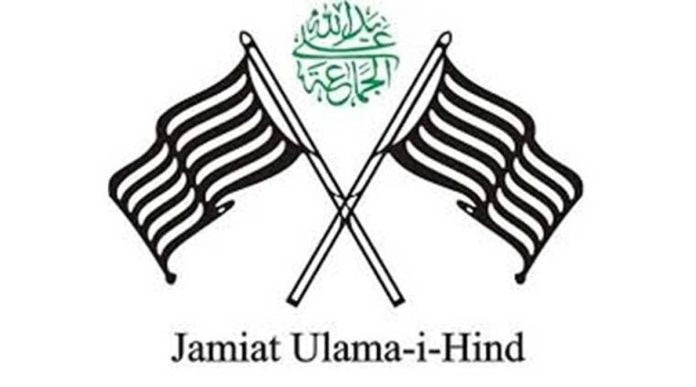New Delhi: Jamiat Ulama-i-Hind (Mahmood faction) has joined the growing list of petitioners challenging the constitutional validity of the Waqf (Amendment) Act, 2025 in the Supreme Court of India. The Act has been strongly criticised by opposition parties and community organisations, who have labelled it a ‘black law’.
Jamiat’s petition, filed on behalf of its president Maulana Mahmood Asad Madani, argues that the law violates multiple fundamental rights guaranteed under Articles 14, 15, 21, 25, 26, 29, and 300-A of the Indian Constitution. It claims that the law poses a serious threat to the religious and cultural identity of the Muslim community.
Describing the Act as a manifestation of a majoritarian mindset, the petition asserts that it seeks to dismantle the centuries-old religious and welfare infrastructure of Muslims. It accuses the government of using the guise of reform to promote discrimination and undermine the secular foundation of the nation.
The petition calls for an immediate stay on the implementation of the Act, stating that it interferes with the definition, management, and administration of waqf properties in a manner inconsistent with Islamic principles and jurisprudence. It deems the amendments as malafide and aimed at weakening waqf institutions.
Among the contentious provisions cited is a clause mandating that only a person who has been a practicing Muslim for at least five years can create a waqf—an unprecedented condition not found in Islamic law. Additionally, the requirement for the waqif (endower) to prove that the waqf is not part of any contrivance has been termed as unreasonable and violative of Articles 14 and 15.
The petition also highlights the alarming provision allowing for the abolition of waqf by user, which endangers over 400,000 religious sites that have historically gained waqf status through long-standing public use. Such properties, it claims, are now at risk of government appropriation.
Further, the inclusion of non-Muslim members in the Central and State Waqf Councils is seen as a direct infringement of Article 26, which guarantees religious communities the right to manage their own religious affairs.
The case is being represented by Advocate-on-Record Mansoor Ali Khan, with supervision by Advocate Maulana Niaz Ahmed Farooqui, head of Jamiat’s legal cell. Several senior advocates have also been roped in to assist in the matter.
Jamiat (M) convened a meeting of its national working committee on April 13 in New Delhi to discuss further action. Notably, the Arshad Madani-led faction of Jamiat has already filed a separate petition challenging the same law.




